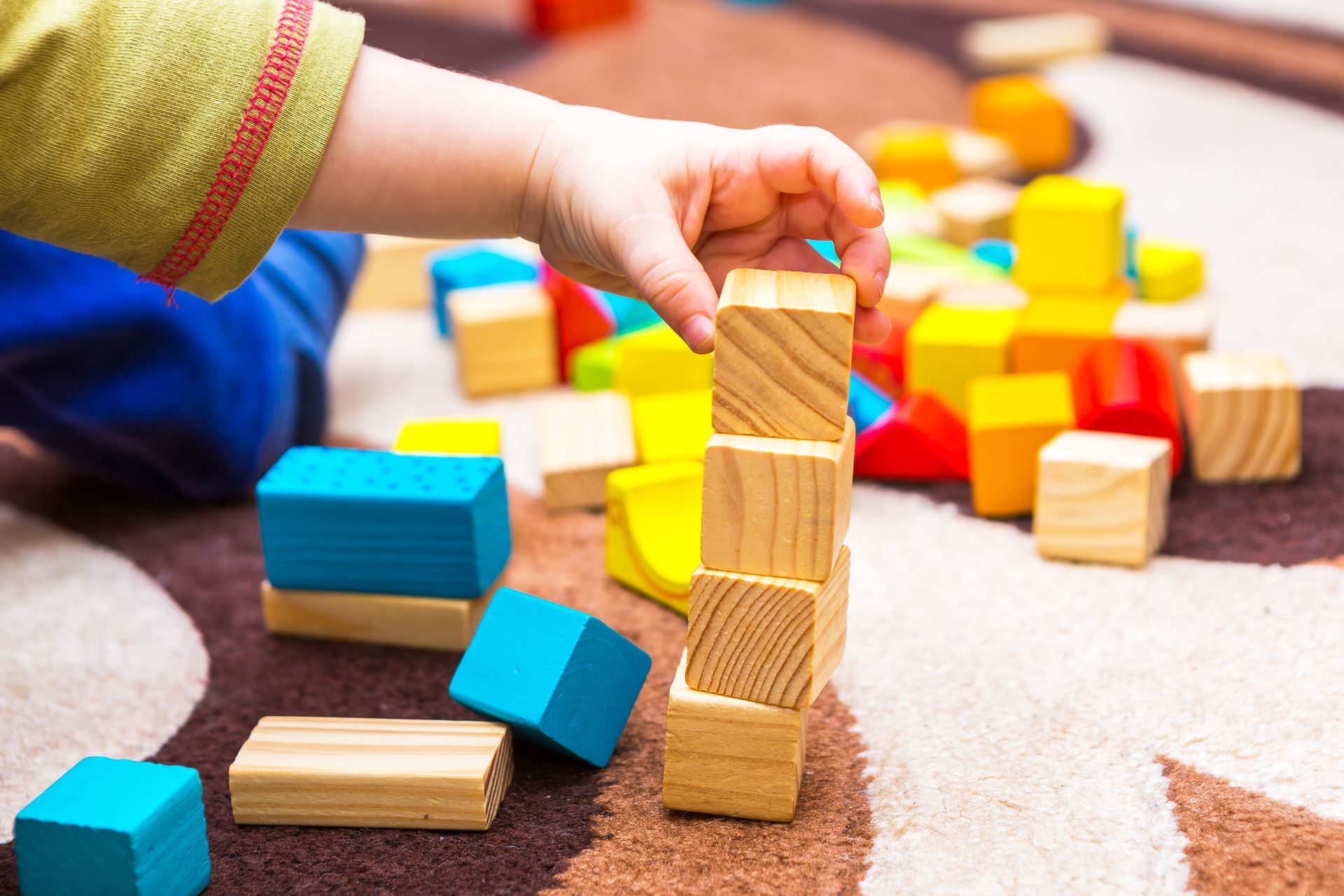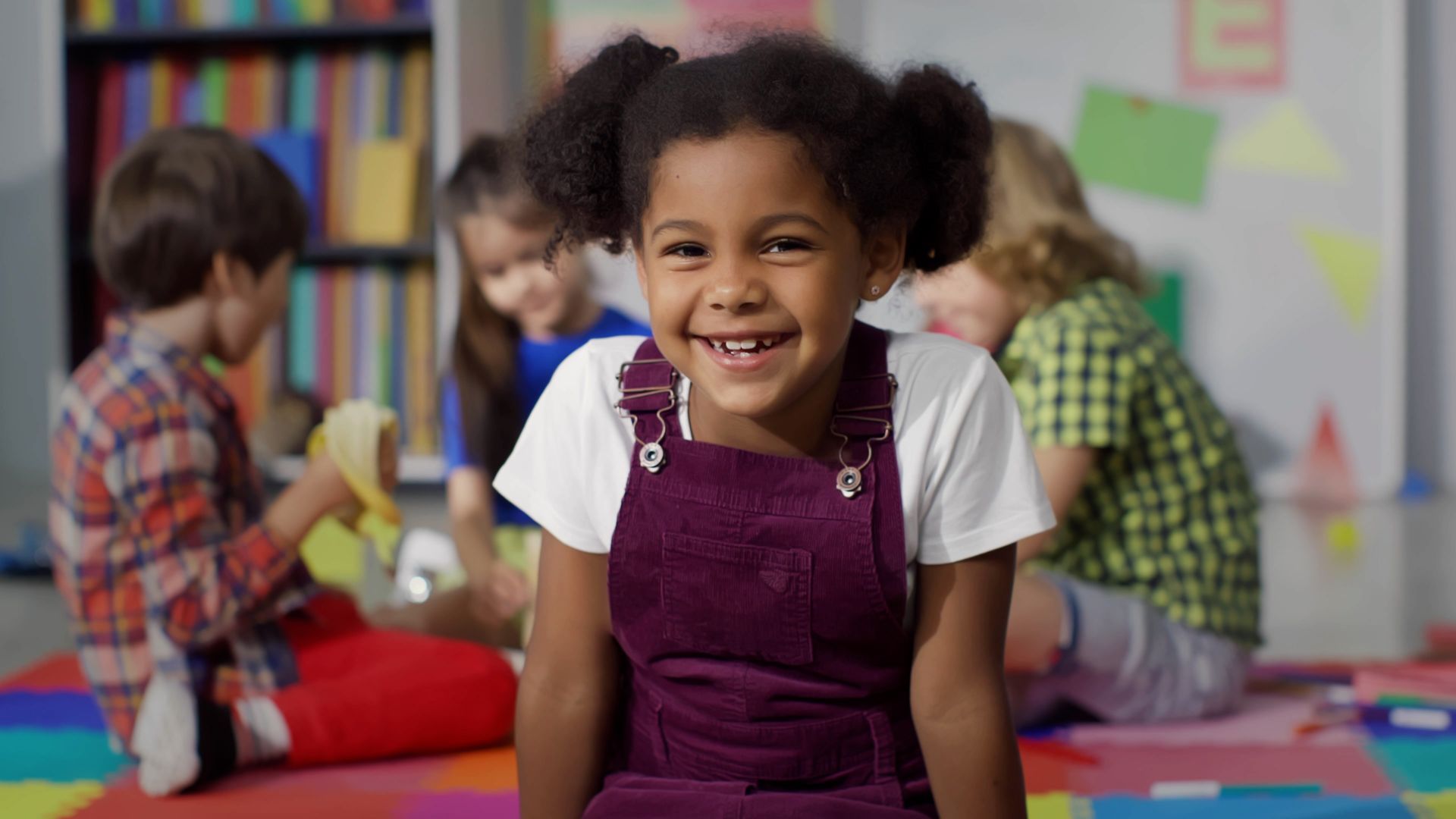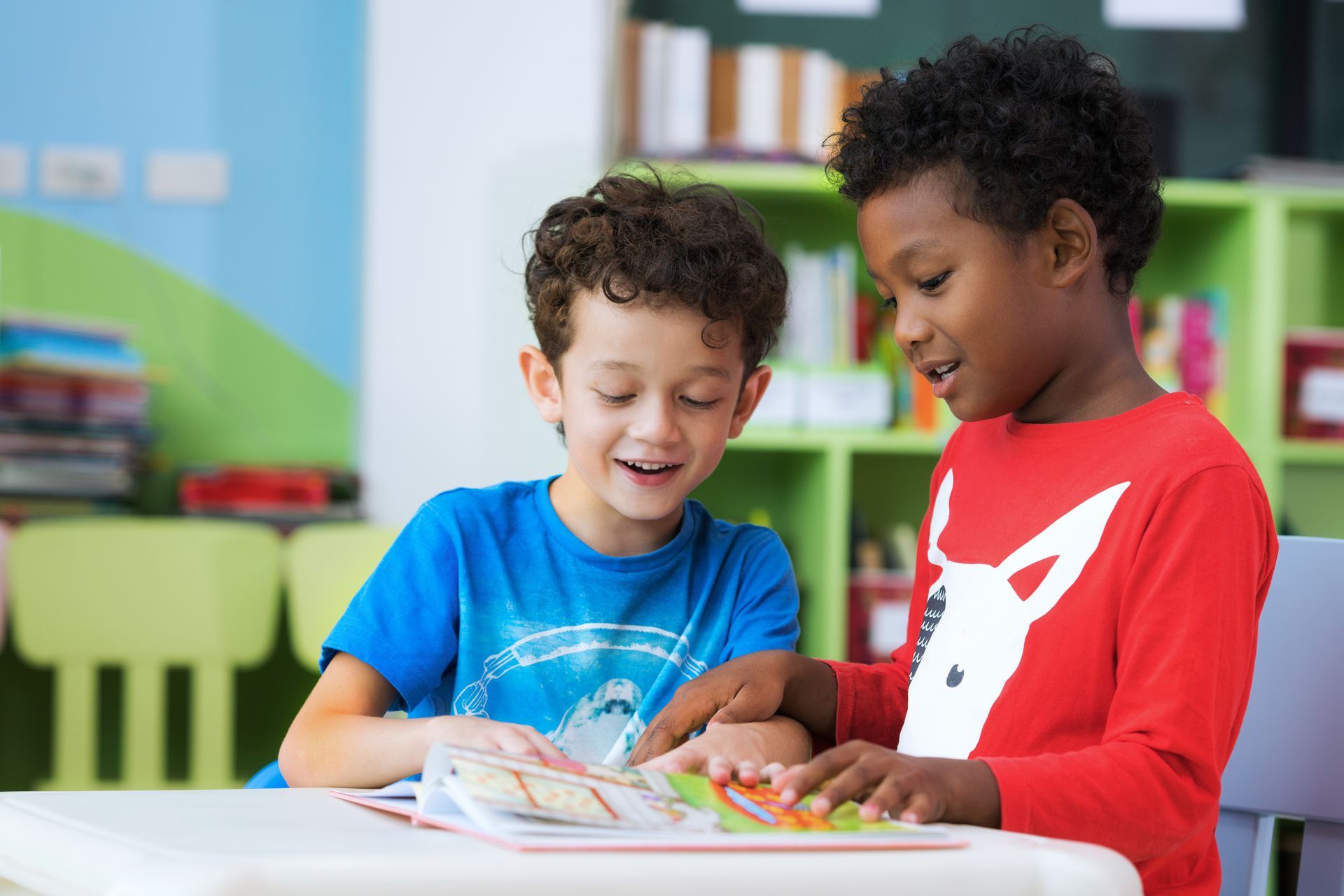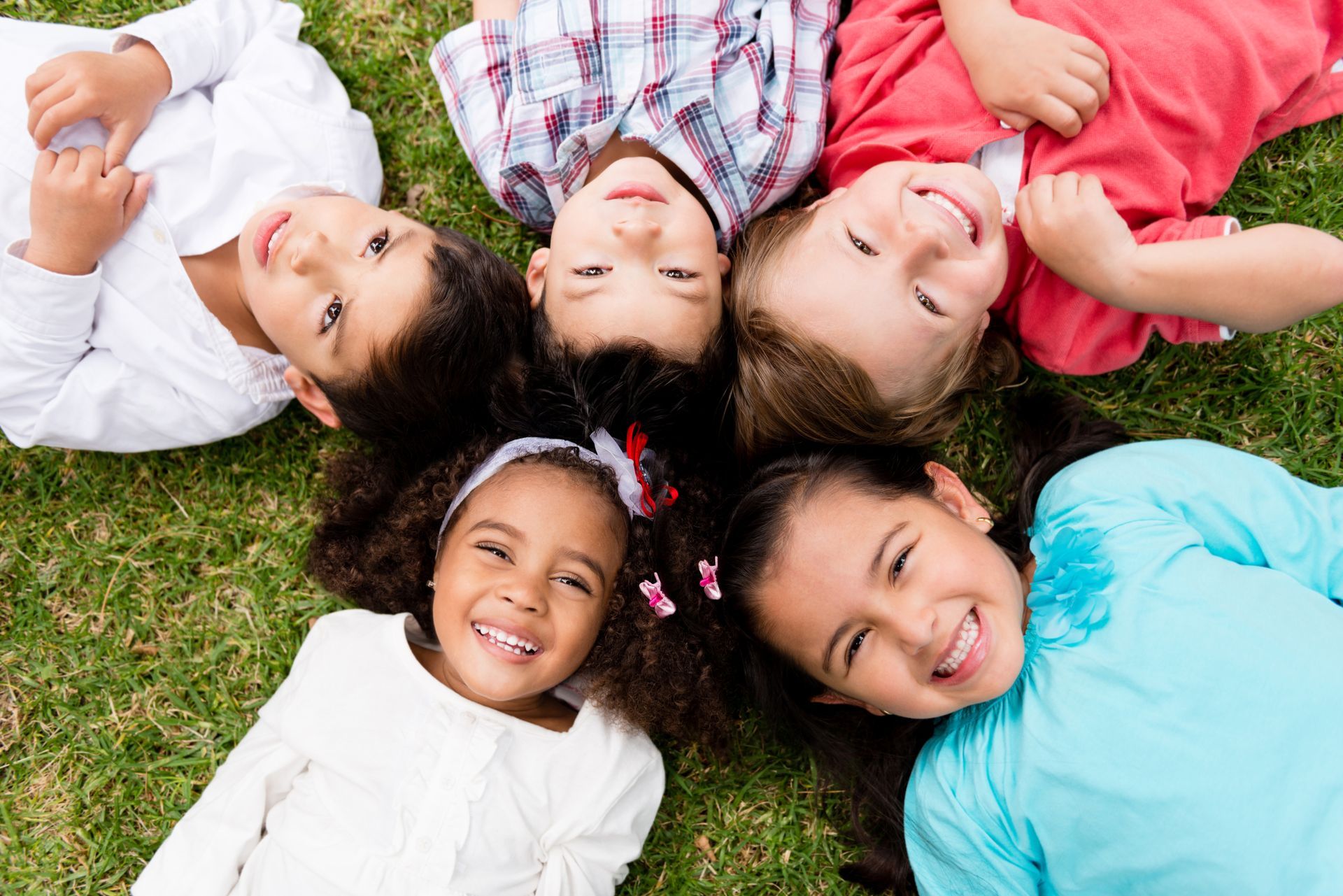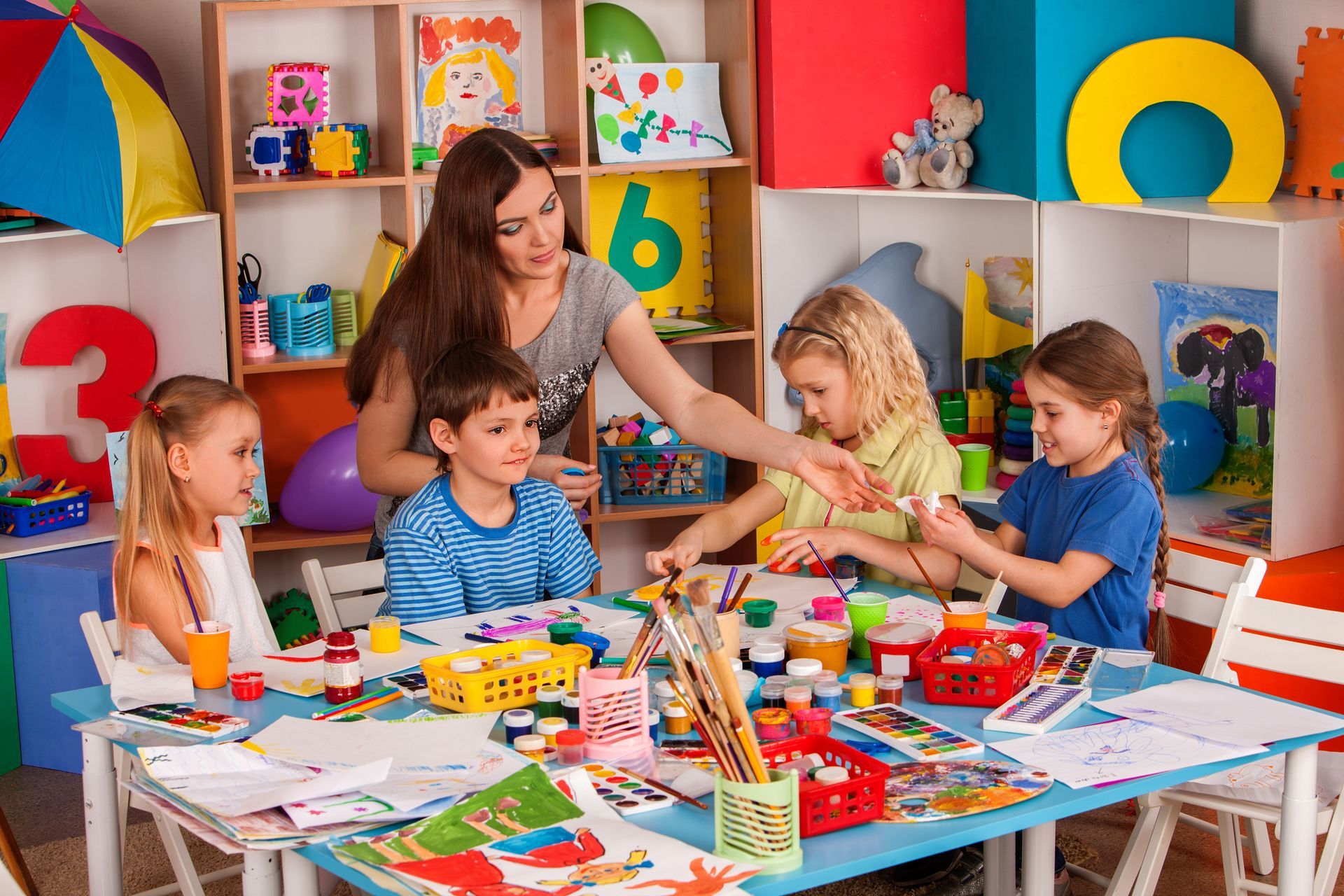5 Important Ways Montessori Academies Differ From Traditional Education
How did you best learn as a child? Did your school let you have any say in things you were learning or the way you learned them?
If you are looking for a more tailored approach to education for your kids, you should consider a Montessori-style education.
Montessori academies offer a unique option for children to choose how they want to learn. They are different in many ways from traditional education.
Keep reading to learn how!
How Montessori Academies Are Different
Standard public education is great for many students. It's a good thing that it's offered to every student in the country. But, it might not be the best thing for your child.
Montessori education has been around for over a hundred years, but in the last few decades has had a huge spike in popularity. It differs from traditional education in the following ways.
1. More Student-Focused
The key concept in this style of education is that it is child-led as much as possible. Its founder, Maria Montessori, was an educational visionary born in the 1800s who applied the scientific method to determine how children actually learned best.
She found that they were most successful when their natural desire to learn something was encouraged rather than imposed from the outside. So, even today, students' nature desires and interests take center stage.
2. Hands-On Learning
Instead of always listening to a teacher talk, Montessori stresses the importance of students learning by doing. As much as possible, they learn by actively participating in the concepts before them.
There are typically physical work stations spread throughout the learning area which students can choose from. At each one, there are active learning activities for that particular subject.
3. Larger Variety of Students
Grade levels are more fluid. So, there may be a wider variety of ages and abilities all working together. Students are interested in what their peers are doing and learn from them. Some kids are better at certain subjects and not as good at others.
Montessori recognizes this means not every student will progress at the same rate. So, there might be an 8-year-old working with a 10-year-old on geography, but perhaps their math skill matches with a 7-year-old. This is not a problem. It's individualized learning in a social setting.
4. Smaller Classes
Traditional schools must provide education for everyone, which often leads to large class sizes. Montessori classes tend to be much smaller, offering a chance for a deeper connection between teacher and student, and more personalized instruction.
5. Encourage Love of Learning
Montessori teachers' goal is to develop students' natural desire to learn. Rather than make them memorize facts for a test, teachers encourage students to find what motivates their natural interests. The goal is for students to want to learn, rather than be forced to learn.
Luckily, most students actually do want to learn, given the right circumstances.
Contact Us Today
If you'd like more information or would like to enroll your child in our Montessori academy, please contact us.
Montessori academies offer a great alternative to traditional education that we believe offers your child the best chance to succeed and enhance their natural educational abilities!




